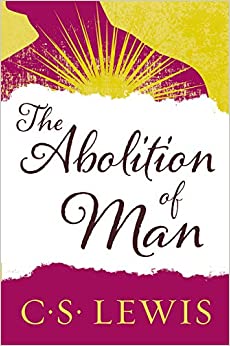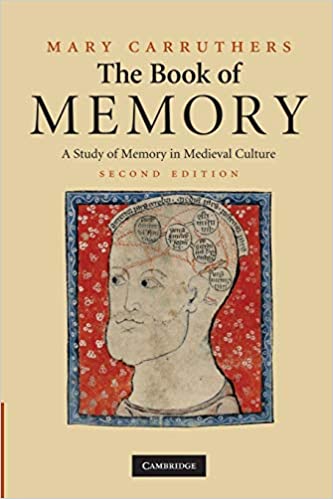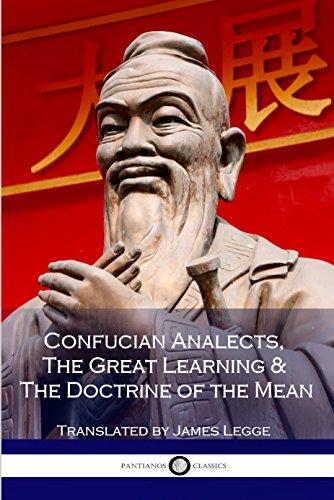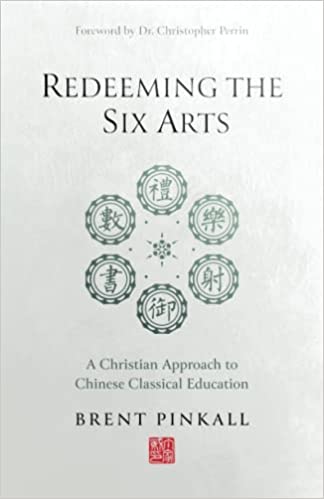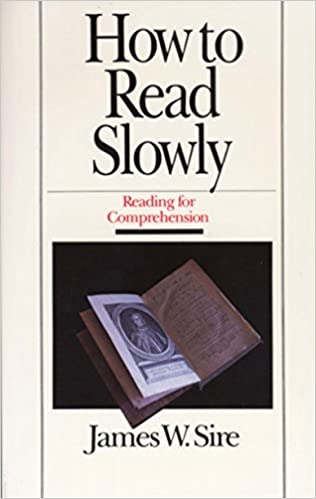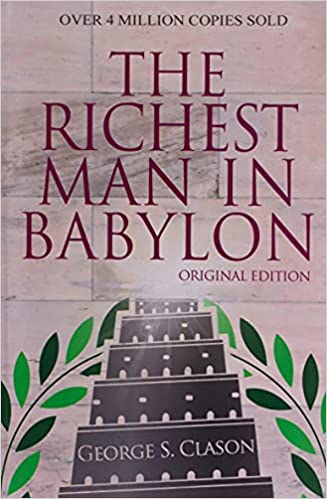The Abolition of Man
From Amazon: "In the classic The Abolition of Man, C.S. Lewis, the most important Christian writer of the 20th century, sets out to persuade his audience of the importance and relevance of universal values such as courage and honor in contemporary society. Both astonishing and prophetic, The Abolition of Man is one of the most debated of Lewis's extraordinary works. National Review chose it as number seven on their 100 Best Nonfiction Books of the Twentieth Century."
More info →The Book of Memory: A Study of Memory in Medieval Culture
Mary Carruthers’s classic study of the training and uses of memory for a variety of purposes in European cultures during the Middle Ages has fundamentally changed the way scholars understand medieval culture. This fully revised and updated second edition considers afresh all the material and conclusions of the first. While responding to new directions in research inspired by the original, this new edition devotes much more attention to the role of trained memory in composition, whether of literature, music, architecture, or manuscript books. The new edition will reignite the debate on memory in medieval studies and, like the first, will be essential reading for scholars of history, music, the arts and literature, as well as those interested in issues of orality and literacy (anthropology), in the working and design of memory (both neuropsychology and artificial memory), and in the disciplines of meditation (religion).
More info →Confucian Analects, The Great Learning & The Doctrine of the Mean
One of the classic four books of ancient Confucianism, The Great Learning consists of a short initial commentary attributed to Confucius himself, followed by a lengthier tract written by one of his disciples named Zengzi.
The text emphasises achieving balance in every day life and in thoughts. For the man who aspires to great wisdom, much time must be set aside for rest and contemplation. Life's priorities must be organised according to their importance, and harmony must be rigorously cultivated in everyday associations and relationships. In learning, one must not consider one kind superior to the exclusion of others, but must instead strive for balance.
More info →Redeeming the Six Arts: A Christian Approach to Chinese Classical Education
Christ does not erase our cultural identities. He redeems them.
As Classical Christian Education experiences a renewal in the West, more and more Chinese Christians are eager to participate in it—but they face a dilemma. Contemporary resources on classical Christian education almost unanimously define it as a Western tradition rooted in Western languages, Western literature, and the seven liberal arts. Does this mean that Chinese classical Christian schools must also adopt a Western curriculum? Or might they draw from their own Eastern tradition, one characterized not by men such as Plato, Herodotus, and Shakespeare but by Confucius, Sima Qian, and Li Bai?
In Redeeming the Six Arts, Brent Pinkall argues that classical Christian education is not fundamentally a canon of fixed texts or subjects but rather an approach rooted in the Fifth Commandment: Honor thy father and thy mother. Insofar as our ancestors differ, the languages, literature, and arts we study will also differ. Although Chinese Christians share the same “spiritual” fathers as their Western counterparts, their “earthly” fathers are different, and therefore their curriculum must reflect not only a shared “Christian” heritage but also a unique “classical” heritage.
In Part 1, Pinkall surveys the 4000-year history of Chinese classical education, a tradition rooted in the “six arts”: rites, music, charioteering, archery, script, and calculation. In Part 2, he explores the common grace of God in this rich but pagan tradition and considers how Chinese Christians might redeem it to his glory while avoiding attendant pitfalls, just as the church in the West redeemed the “seven arts” tradition inherited from their pagan, Greco-Roman ancestors. As readers compare the two traditions, they will find both glorious distinctives as well as remarkable similarities. They will discover that God reveals himself not only through the Logos but through the Dao.
More info →How to Read Slowly: Reading for Comprehension
Do you truly read for comprehension?
How to Read Slowly: Reading for Comprehension will help reader see not only what writers say, but what lies behind their writing-their authorial standpoint. Divided by genre, students will learn to analyze the worldview of nonfiction, poetry, and fiction, as well as how to look at the larger context. Written for Christian readers. 191 pages, indexed, Paperback.
The Richest Man In Babylon
The Richest Man in Babylon, based on “Babylonian parables”, has been hailed as the greatest of all inspirational works on the subject of thrift, financial planning, and personal wealth. In simple language, these fascinating and informative stories set you on a sure path to prosperity and its accompanying joys. A celebrated bestseller, it offers an understanding and a solution to your personal financial problem. Revealed inside are the secrets to acquiring money, keeping money, and making money earn more money.
This original edition has the original language, content, and message from George S. Clason as intended in 1926. It's all here, uncensored.
More info →
